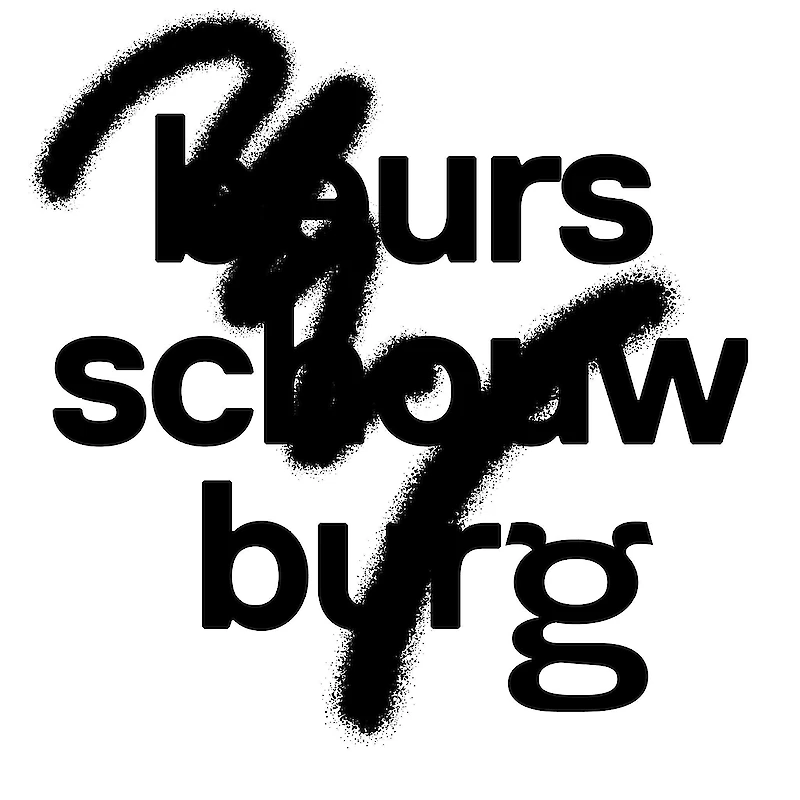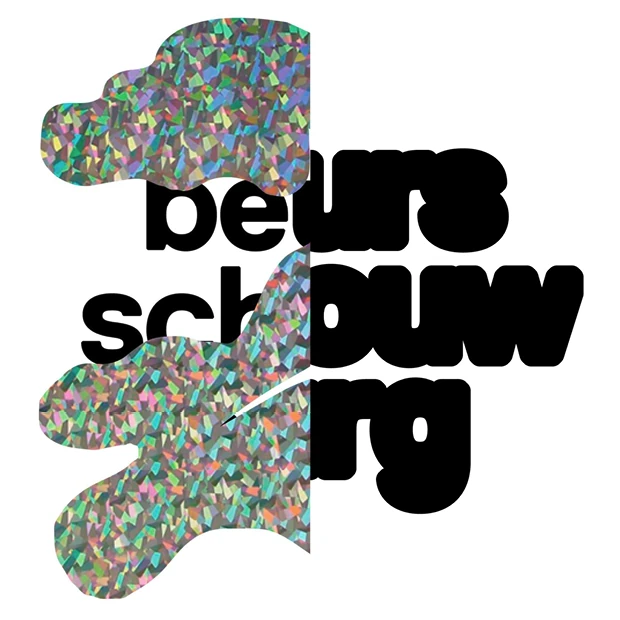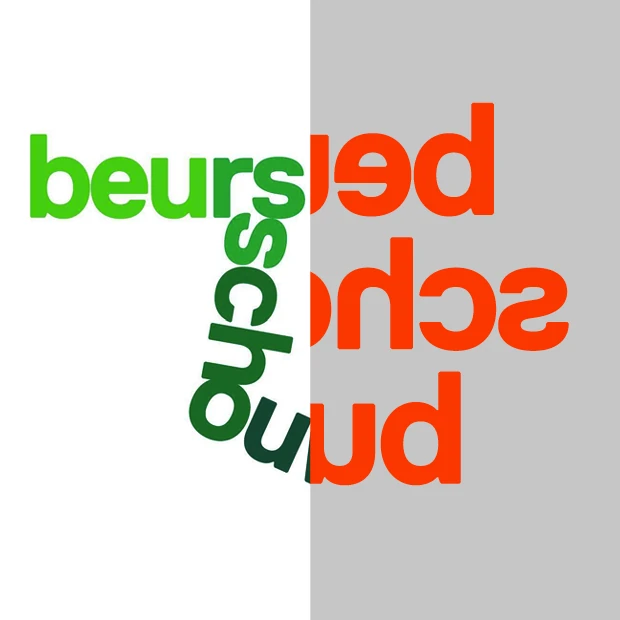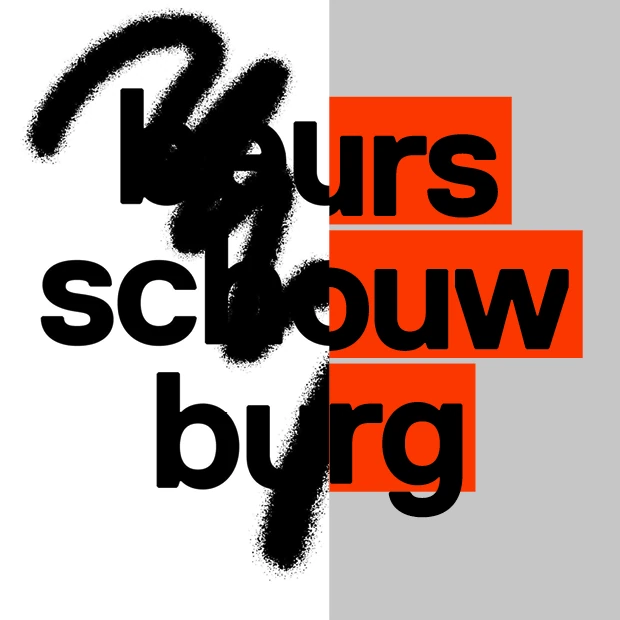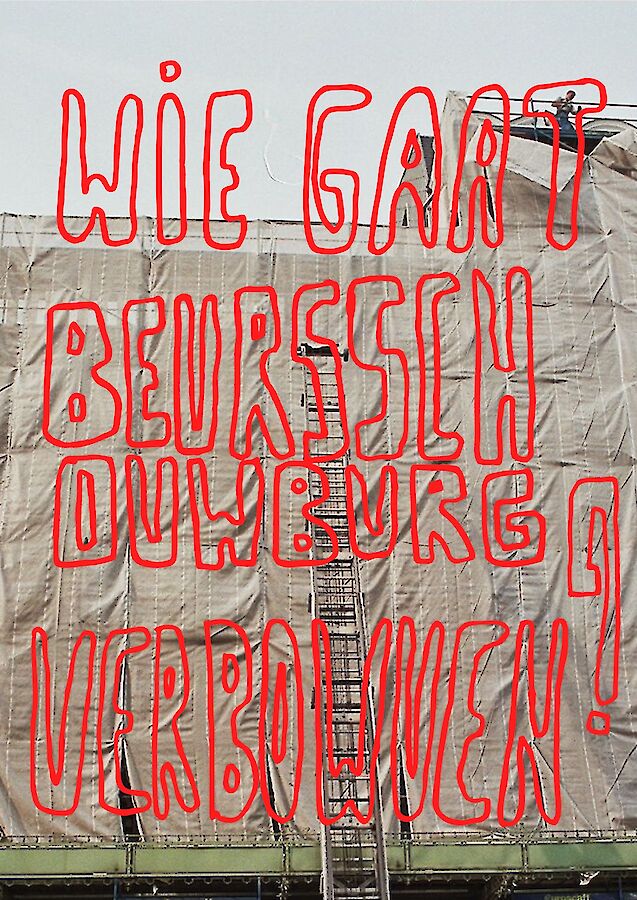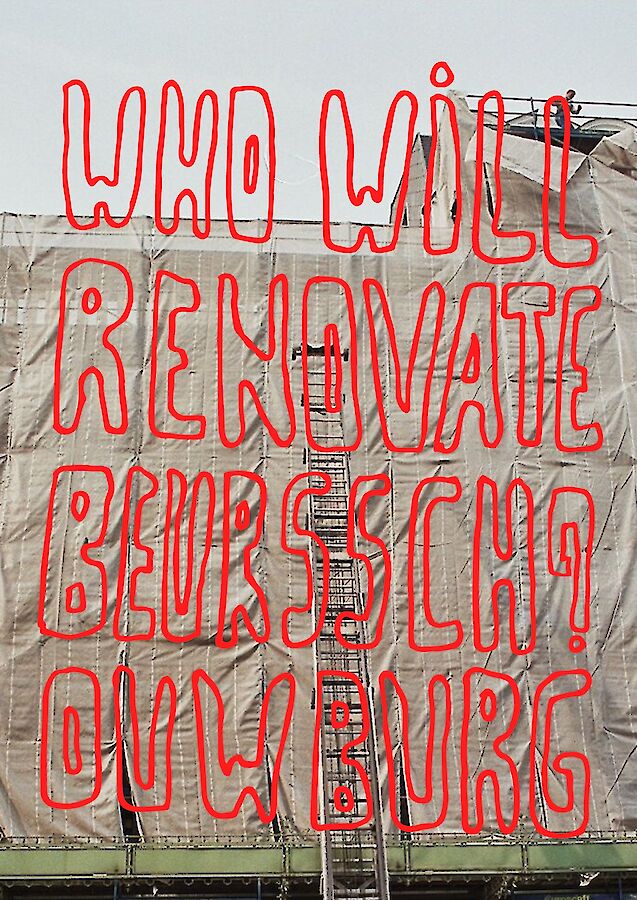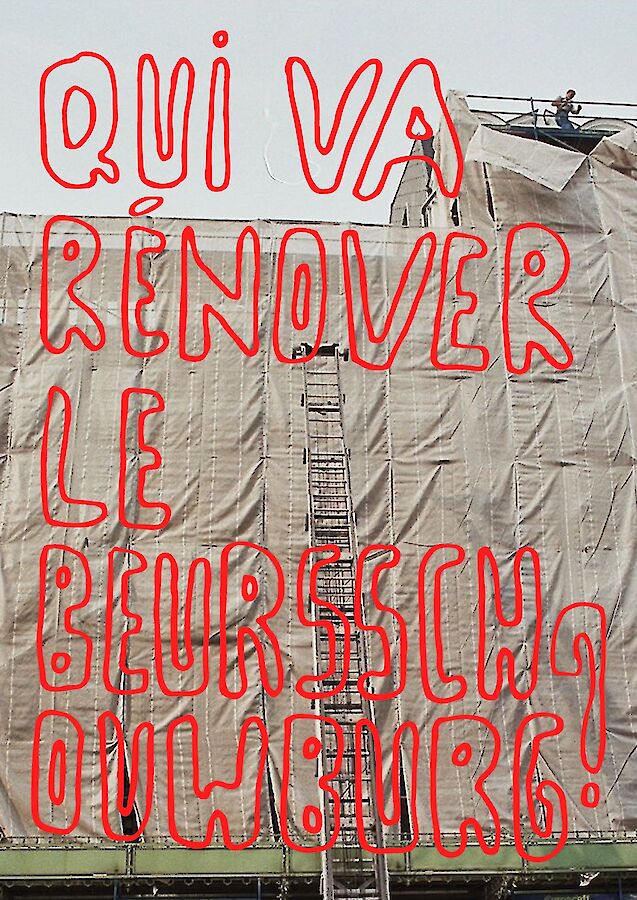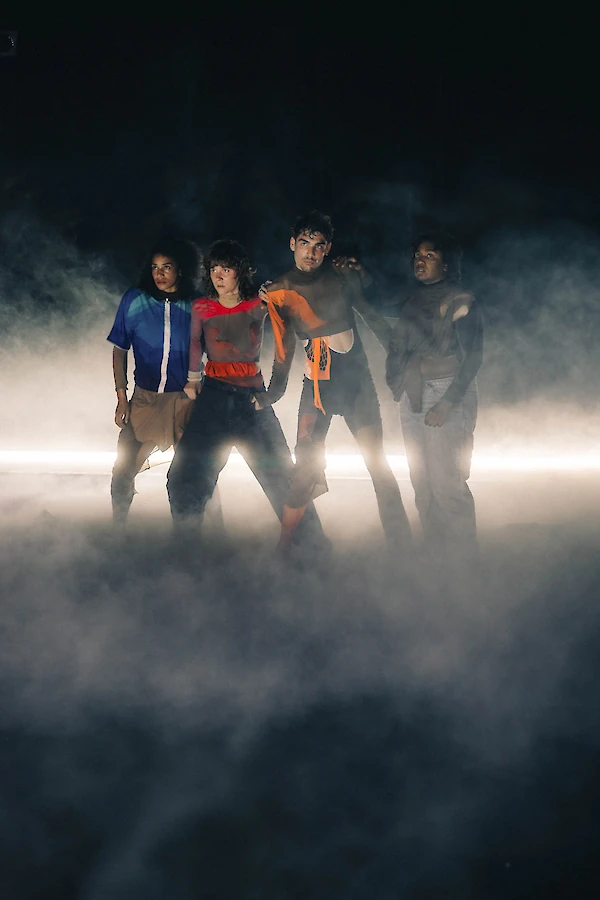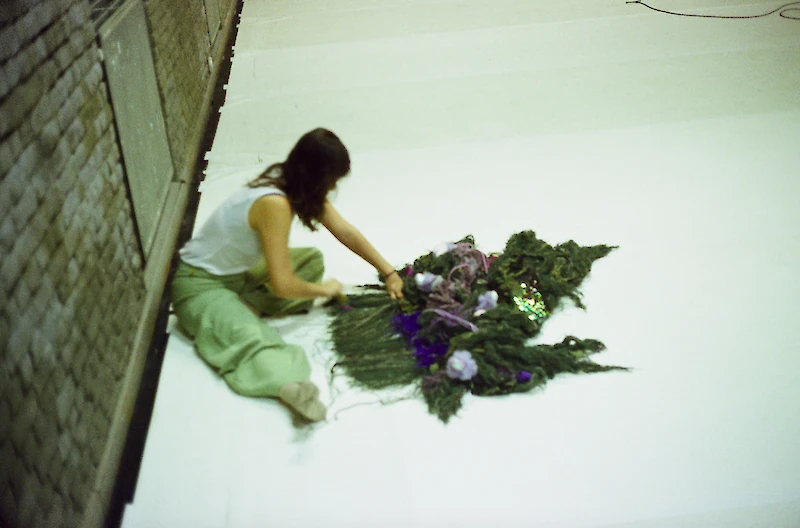A monumental video work in which Godard processes both a history of film art and the historiography constructed by the medium into a non-linear audiovisual essay.
The Sabzian website first saw the light of day on 14 February 2014. It contains observations and information about cinema and a calendar of film presentations and events. Each year, Sabzian also organizes evenings centred around the love of cinema. Followers discover magical gems by great masters and masterpieces by less familiar names.
'I think the best way to look at these programs is to enter into the image without a single name or reference in your head. The less you know, the better.' - Jean-Luc Godard
Divided into four chapters, Histoire(s) du cinéma doesn’t gives us a chronological account, but unfolds a double exploration: a journey through the history of the twentieth century, through a landscape of images and through Godard’s own journey as a filmmaker. Fragments of old movies, photographs, freeze-frames, reproductions of paintings, newly shot interviews and images of Godard in the editing studio, text fragments in the form of titles, inscriptions, and quotes combine into a swirling stream of images which is accompanied by a multilayered soundtrack, composed of various pieces of film music, voice-overs, dialogues and sound files.
For the American film critic Jonathan Rosenbaum, Godard’s Histoire(s) du cinéma is the culmination of twentieth-century film art: “Just as Finnegans Wake, the art work to which Histoire(s) du cinéma seems most comparable, situates itself at some theoretical stage after the end of the English language as we know it, Godard’s magnum opus similarly projects itself into the future in order to ask, ‘What was cinema?’.” An ode to the art of film on the one hand, to the classical cinema that has largely been lost and is constantly slipping away. But on the other hand, as a virtuoso video work, Histoire(s) du cinéma looks into the future: what will become of cinema in the twenty-first century?
FR, 1989-1999, 267’
